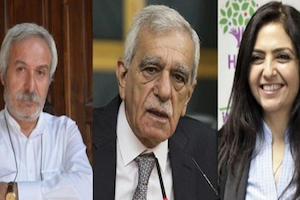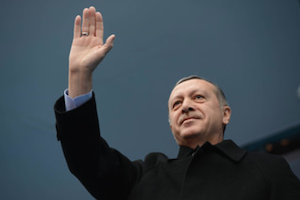Kurdish Mayoral Dismissals: Narrowing Political Spaces, Widening the Distance from Ankara
By Gareth H. Jenkins
September 4, 2019
The removal of the democratically elected mayors of three municipalities in the predominantly Kurdish southeast of the country and their replacement with government appointees has dealt yet another blow to Turkey’s already tattered democratic credentials. Although it is unlikely to lead to an imminent sustained increase in violence or civil unrest, by further excluding Kurds from political processes the government is exacerbating the already growing belief in the southeast that their future lies in some form of detachment from Ankara.

The Deeper Dynamics of the Istanbul Rerun
By Halil Karaveli
May 16, 2019
In Turkey, appearances tend to be deceiving. It is a mistake to take the cancellation of the Istanbul election result as proof that President Recep Tayyip Erdoğan refuses to accept defeat at the polls. The Kurdish vote decided the outcome in Istanbul, exposing the vulnerability of a system that was supposed to neutralize the influence of the Kurdish political movement. The Istanbul rerun speaks of the power of Devlet Bahçeli, the nationalist leader, and of the state cadres who see the victory of an opposition in tacit alliance with the Kurdish movement as an existential threat to the state. Erdoğan did not dare to challenge them.



